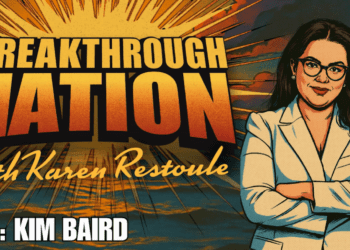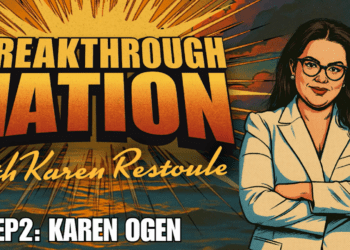Ron Evans, grand chief of the Assembly of Manitoba Chiefs, wrote this oped about Free to Learn in the Winnipeg Free Press:
University trust funds a bad idea
There has been extensive media attention given to Calvin Helin and David Snow’s report, Free to Learn: Giving Aboriginal Youth Control Over Their Post-Secondary Education. First Nations agree that post-secondary education funding does need reform, but not in the manner presented by Helin and Snow.
They propose that the Department of Indian Affairs hold a $25,000 trust account for each First Nation student to be paid directly to the post-secondary institution the students choose.
This proposal is based on Helin and Snow’s assertion that students cannot attend school due, in part, to band council nepotism and/or financial mismanagement. The general public needs to understand that funding has been frozen for the post-secondary program for over 15 years. Each year, we lose many students who could be successful in university because many First Nations simply do not have enough money for all of the eligible students. Who or how the money is managed is a moot point when you only have half of what you need.
It is important to understand that the proposed solutions presented in the Helin paper are not based on consultation with First Nations, fiscal experts or experts in post-secondary education. Rather, they tend to be misleading, based on generalizations and unrealistic solutions. Most university students today recognize that $25,000 is not enough to complete a three- or four-year bachelor’s degree, let alone a medical degree or a graduate degree. Many of our graduate students are older than 29. This proposal would make no funding available to mature or older students.
The Auditor General of Canada has also noted that many of the problems associated with our post-secondary support program are a result of the bureaucracy lacking the ability to inform government of the successes. As an example of the success, 35 years ago there were only about 30 First Nations students at the University of Manitoba. Today there are closer to 1,000 students of First Nations ancestry. Each year, there are thousands of First Nations graduates across Canada who earn degrees in law, medicine, education and various other specialized fields.
These achievements must be taken in context. Education tends to carry from generation to generation: In other words, children of parents who have post-secondary education are more likely to attain it themselves. In order for this to happen, a culture of education must be developed. Many Canadians have great-grandparents who did not finish high school but encouraged their children to do so. Each generation got more educated.
First of all, our people were sent to residential schools until the 1980s, causing parents to fear education as an excuse to take their children away. Secondly, most of our communities do not even have high schools and children as young as 14 must be sent away to complete high school. Some go missing and are never seen again. Thirdly, our people could not even attend post-secondary institutions until the early 1970s, so a culture of education has not had time to develop.
Today’s post-secondary students are often second-generation graduates. The support program is the federal government’s best achievement in addressing First Nations poverty. Improvements are needed in the program but these have to be developed in consultation with First Nations students, post-secondary counsellors, First Nations leaders, citizens and governments.
Many studies have been completed over the years by economists, experts in post-secondary education and even elected officials. Everyone needs to consider how the economy of western Canada will fare in the future, especially in Winnipeg with the largest First Nation population in Canada. We want our young people to have a better future. We don’t want our grandchildren graduating to gangs and a life of crime. They need to have hope and options. Do we continue to spend over $100,000 a year to incarcerate one federal prisoner, or do we want to invest in the future by spending a fraction of this cost to educate?
Our students do need the academic and social supports provided under the current program, but they also need adequate financial supports necessary for success in completing their studies. The ideas presented in Helin’s paper are simply not based on fact or sound research.




